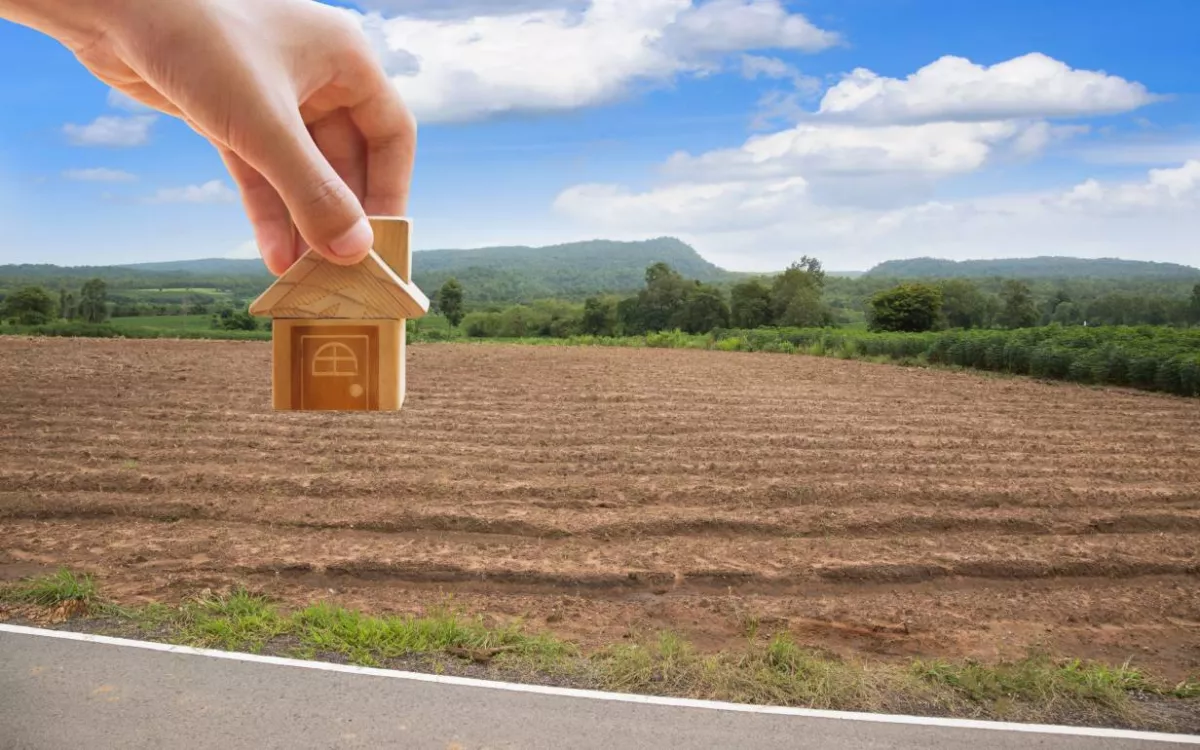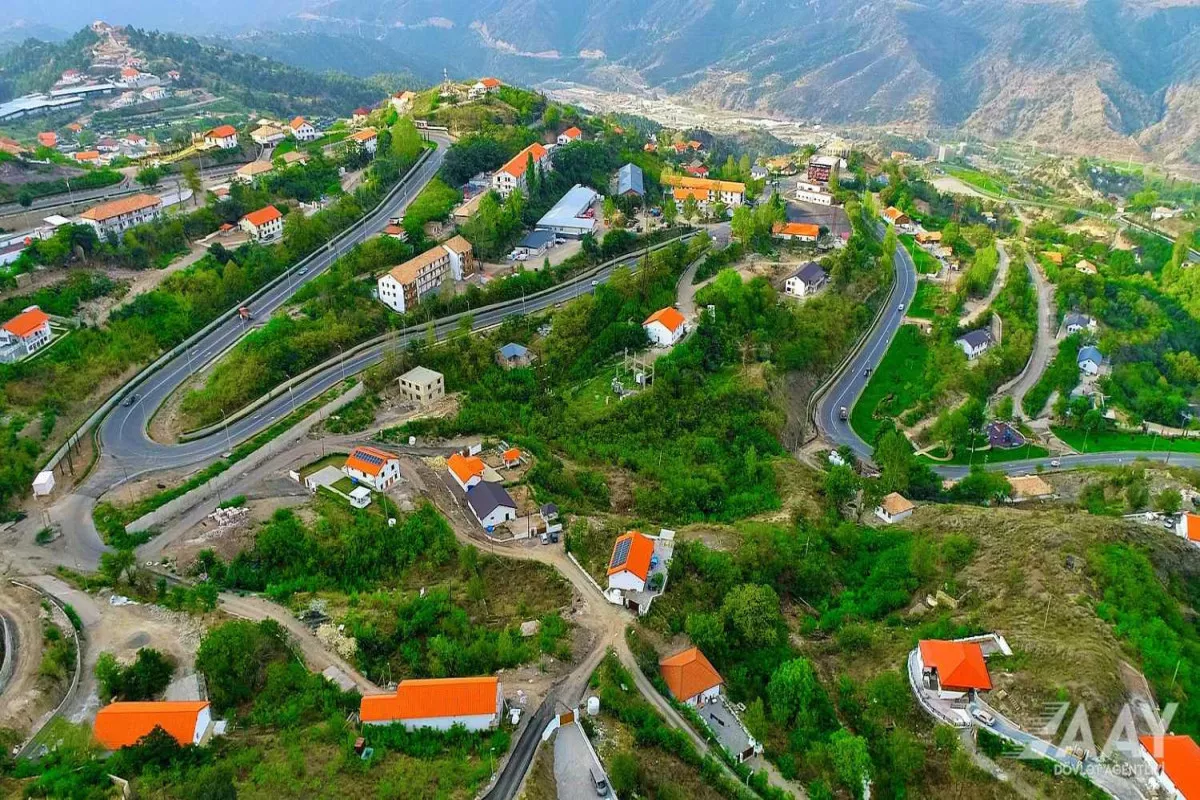From "grey" ownership to legal clarity Another legal vacuum eliminated in Azerbaijan
From now on, Azerbaijan will recognize property rights to land plots based on documents issued by representatives of local executive authorities prior to 2001.
This was announced by Nigar Alimova, Chairperson of the State Service for the Registration of Real Estate Cadastre and Registry, during a briefing for journalists.

"This change will give hundreds of thousands of citizens the opportunity to obtain a lawful legal status for their property," said Alimova, emphasizing that citizens can apply for property rights registration at ASAN service centers or directly at the State Service for the Registration of Real Estate Cadastre and Registry.
This decision will leave behind many problems that citizens previously faced. The fact is that since 2001, Azerbaijan has operated a modern system of state registration of property rights based on the cadastre. However, before its implementation, a significant portion of property was registered based on decisions by district and city executive authorities, often without centralized registration.
As a result, a legal paradox arose: documents existed in practice, people lived on the land for decades, but formally they had no registered ownership rights, could not transfer the property by inheritance, and were deprived of the ability to conduct sales, gift deeds, or mortgage transactions. Furthermore, in such cases, connection to utilities was automatically blocked, and compensation was excluded in case of land expropriation for state needs. Now, with the adoption of the above-mentioned decision, all of this will become a thing of the past.

According to expert estimates, this concerns hundreds of thousands of real estate properties—both land plots and buildings on them. Primarily, this applies to suburban, rural, summer house, and gardening areas where land was allocated before 2001. Now, these plots can be officially registered without the need to go to court, which will significantly reduce costs for citizens and ease the burden on the country’s judicial system.
In addition, following this decision, a significant revival of the real estate market is expected, especially due to the legalization of previously "grey" properties, increased trust in government institutions, and greater opportunities to obtain bank financing secured by land.
The anticipated rise in property values in such areas (depending on the region, infrastructure, proximity to the city, and land status) is roughly estimated as follows: 20–40% in the suburbs of Baku, Ganja, and Sumgayit; 10–25% in remote districts; and up to 50% for land plots with investment potential (for example, in resort areas). Naturally, the state will receive new tax revenues since all legalized plots and houses automatically become taxable properties.
The next logical step will be an “amnesty” for buildings constructed without the proper permits but located on now-legalized plots. This will allow millions of citizens to register their homes, connect electricity, gas, and water, and obtain permits for reconstruction or sale. It is especially important to emphasise that this decision will help bring clarity to property issues in Azerbaijan’s liberated territories.
During the Armenian occupation, some cadastral and legal documents were lost or destroyed. Currently, the government is undertaking a process of digitizing satellite images and creating new cadastral maps. Archives are also being restored, including based on old maps, Soviet-era documents, and testimonies from local residents.

In addition, citizens returning to Aghdam, Fuzuli, Lachin, Zangilan, Khojavend, and other towns and settlements are being issued new property titles. Although these lands are not yet part of the conventional real estate market, as infrastructure is restored, the value of one hectare of land may increase by 2 to 3 times. In areas where tourism will develop—such as Shusha and Kalbajar—the increase could reach 500–1000% within 5 to 10 years. Investors are already showing interest in building tourist infrastructure, which will undoubtedly contribute to the revival of Karabakh.
Thus, the decision to recognise property rights based on documents issued before 2001 is not just a legal adjustment. It is a social, economic, and legal reform aimed at caring for the country’s citizens, which remains a priority for the Azerbaijani state.








